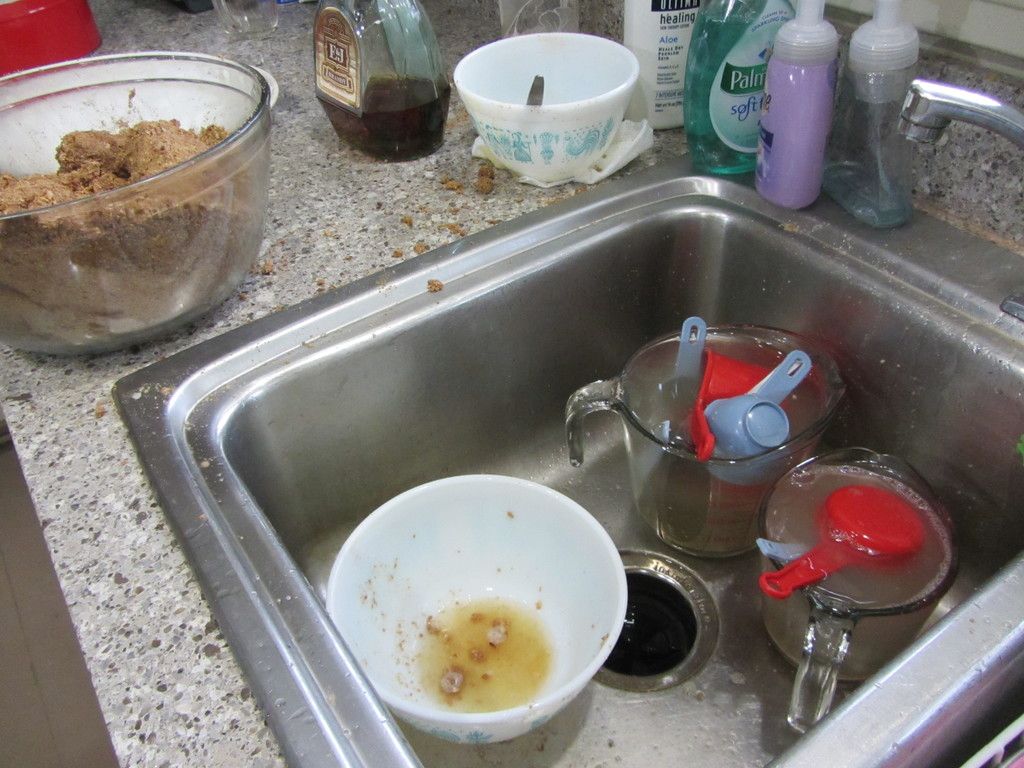MRSA spread: Means of transfer, safeguards, and further insights
The Lowdown on MRSA
Got MRSA hangin' 'round? That's short for Methicillin-Resistant Staphylococcus aureus (MRSA), a bacteria that's tough to shake off without some proper medical elbow grease. But don't sweat it if it's just chillin' on your skin – it ain't causing any trouble yet.
So where's this unwelcome critter hiding out? Look for it in moist, comfy spots like your nose, throat, armpits, groin, skin folds, and perineal area. You might be carrying MRSA bacteria without even knowing it, but it ain't causing any symptoms.
However, healthcare pros might be a bit concerned about MRSA colonization. It's 'cause someone carrying MRSA can spread it to others, especially in hospitals or other healthcare settings, and catch someone unawares with an infection.
Why all the fuss? Well, MRSA bacteria are resistant to many common antibiotics, making them a pain in the neck to treat. These drug-resistant buggers include methicillin, penicillin, and amoxicillin, just to name a few. This means doctors have to dig deep into their medicine cabinet to find something strong enough to take 'em down.
So, how do you catch MRSA? As the old saying goes, beware the sneeze, the shared razor, the unwashed towel – all these can spread MRSA. Environmental contamination of household surfaces can also get you infected, so remember to clean up after yourself.
Sometimes, MRSA colonization can lead to an infection, particularly if your immune system is weak or there's an open wound. That's why it's essential to practice cleanliness: wash your hands regularly, keep wounds covered, and avoid sharing personal items. Also, wash your clothes, sheets, and towels with hot water and dry 'em on high heat to kill any lurking MRSA bacteria. Don't forget to disinfect household surfaces, too.
In medical settings, they might screen folks for MRSA bacteria, especially before surgery. If they find MRSA colonization, they might prescribe nasal cream or spray, body wash, and shampoo to help reduce the bacterial population. Plan to use these for around 5 to 10 days.
Keep an eye out for MRSA infection symptoms: pain, redness, pus, swelling, and a warm, mushy feeling in the affected area. If you notice any of these, it's best to hit up a doctor stat.
To reduce your chances of catching MRSA or developing an infection, follow good hygiene practices at home and in medical settings. Your immune system and that poor, infected person will thank you!
Wanna learn more? Check out these frequently asked questions:
- Does MRSA go away on its own? Heck no, not without a fight! MRSA is a persistent bugger that usually needs medical treatment to boot it outta town.
- Does chlorine kill MRSA? Yes, but only at high concentrations – think swimming pool levels, not household bleach.
- Will I always carry MRSA bacteria? Nope, not necessarily. Follow good hygiene practices, and you can keep those pesky bacteria at bay!
Stay clean, my friend! 🤒💪
- MRSA, a formidable bacterial superbug, necessitates 'proper medical elbow grease' to eliminate, and can lie dormant without causing symptoms on our skin.
- Prone to lurk in warm, comfortable spots like noses, throats, armpits, and skin folds, some people may unknowingly carry MRSA, posing a potential threat to others.
- Healthcare professionals may view MRSA colonization with concern as carriers can spread it to others, especially in hospitals and medical settings.
- MRSA bacteria, being resistant to many common antibiotics, are challenging to treat, with resistance to methicillin, penicillin, amoxicillin, and others.
- By avoiding shared items like razors, towels, and practicing good hygiene, including hand-washing and wound care, one can minimize the risk of contracting MRSA.
- In severe cases, MRSA colonization can lead to chronic diseases and infections, so maintaining overall health-and-wellness, fitness-and-exercise, and mental-health is crucial.
- Proper nutrition, skin-care, and therapies-and-treatments can also play a role in bolstering one's defense against these infections.
- Cardiovascular-health is another essential factor to consider, as it strengthens the immune system and promotes better overall health.
- Skin-conditions that weakens the skin's natural barrier could increase the risk of MRSA infections, making it crucial to monitor and address these conditions promptly.







